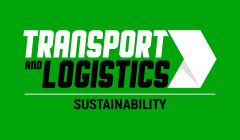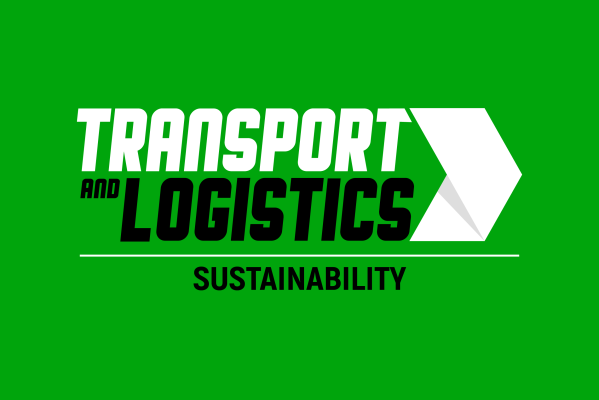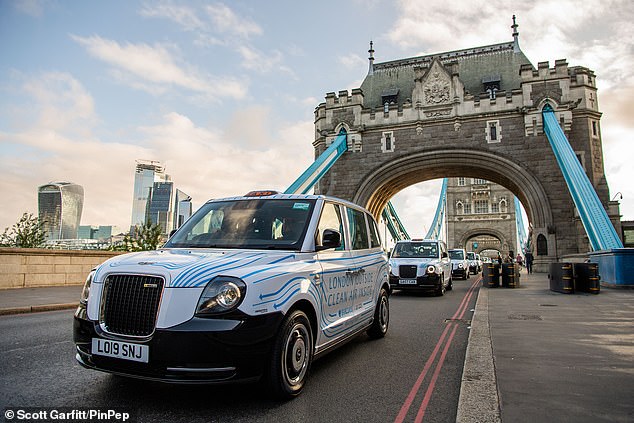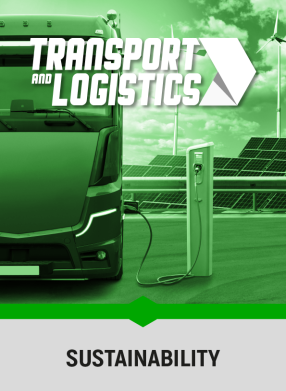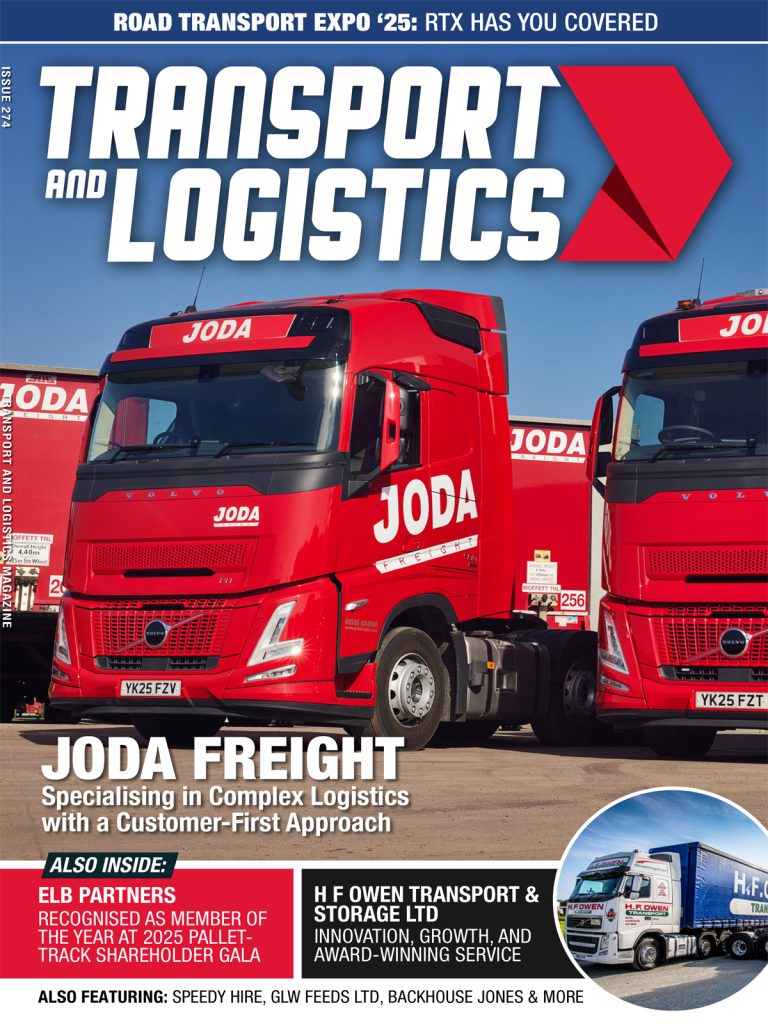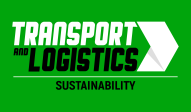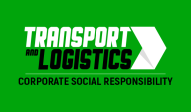A new fleet of black cabs have been fitted with innovative air cleaners, containing unique patented nano carbon filtration technology, in an attempt to tackle the UK’s pollution issues. This technology works to remove up to 97% of particulate matter (PM2.5) and up to 95% of nitrogen dioxide (NO2) from the air inside the cab within ten minutes.
The first city to benefit from the new electric cabs is London, which is also one of the most polluted cities in the UK. All cabs have been fitted with cutting-edge air filtration technology from Airlabs, who are leading pioneers in clean air technology, as recent statistics reveal that forty towns and cities in the UK are breaking World Health Organisation guideline limits for fine particle pollution.
Created as part of a new partnership between Barclays and Airlabs, the ‘Barclays Air cabs’ will be available for hire on London’s roads for twelve weeks this summer – and for two days (3/4 July) – the cabs will be free of charge for journeys in zones 1 and 2, so more Londoners can get a lungful of fresh air.
The World Health Organisation guideline safety limit for annual Nitrogen Dioxide (NO2) exposure is 40 µg/m3. When tested in the Barclays Air cabs, pre-filtered air peaked at 111 µg/m3 NO2 inside the cab.
After minutes of using the air cleaning device, the air inside the cab dropped to as low as 5.7 µg/m3 NO2 – as clean as the air in the Peak District National Park, which averages 7 µg/m3 NO2.
“We’ve witnessed worryingly high levels of toxic pollution in cities across the UK in recent years, and the concern is only growing for those living and working in pollution hot spots – with London being one of the worst. An ever-increasing number of people are exposed to unhealthy pollution levels,” said Matthew Johnson, Chief Science Officer and Co-Founder of Airlabs.
“With the help of Barclays, we’re able to continue to grow as a business and commit ourselves to reducing people’s exposure to air pollution by developing new technologies and new solutions. Without the support of businesses such as Barclays, we wouldn’t be able to achieve the growth and scale that is needed for us to have the greatest possible impact on the quality of the air that people around the world breathe.”
The patented technology is on trial in cabs because pollution levels inside a vehicle can be up to two and a half times higher than outside; measurements of London traffic show nitrogen dioxide concentrations up to 20 times above the exposure threshold, and particulate matter concentrations four times above the exposure threshold – both of which can cause short and long-term health problems.
Recent stats unveiled London as one of the UK’s most congested cities, which means the 20,000 plus black cab drivers in London spend every day at work breathing in potentially harmful levels of pollution as well as their passengers.
But it’s not just London that could benefit from a fleet of Barclays Air cabs, as Airlabs reveals that towns and cities across the UK are suffering from unsafe levels of nitrogen dioxide, with the highest levels recorded in:
* Hafod-yr-ynys
* London
* Glasgow
* Edinburgh
* Stoke-on-Trent
* Chepstow
* Belfast
* Bath
* Bradford
